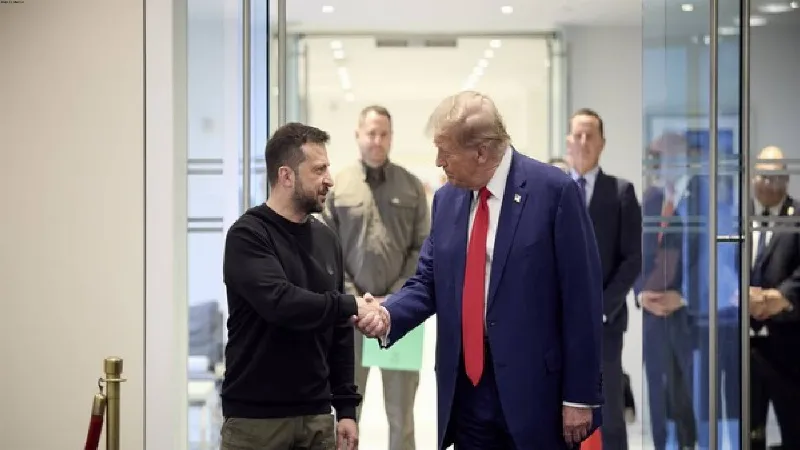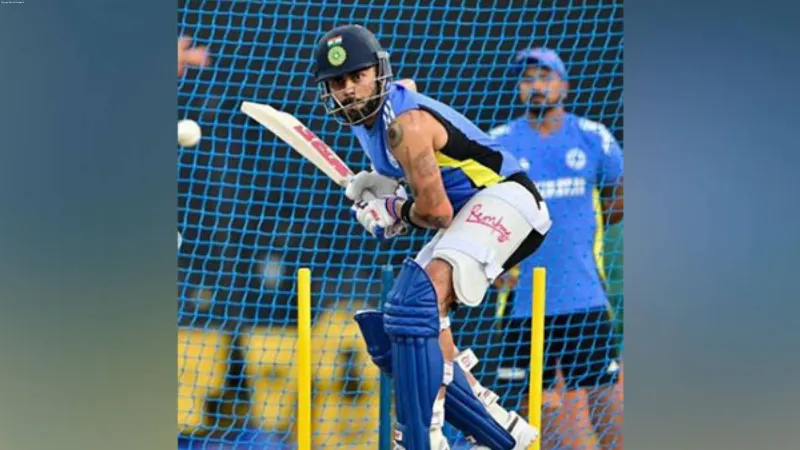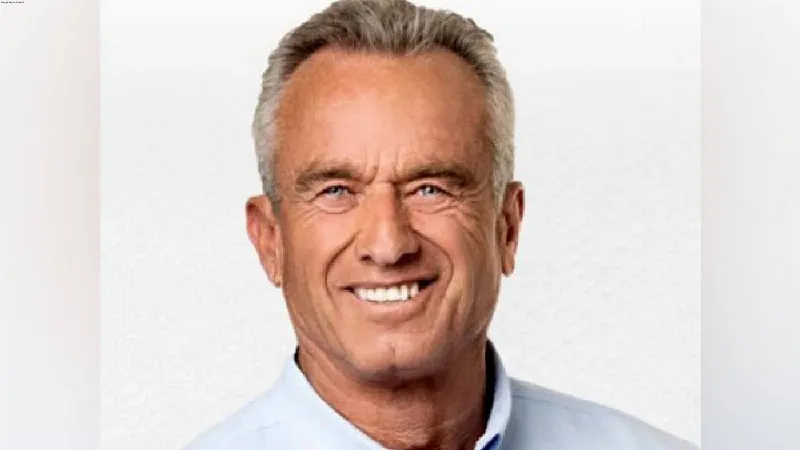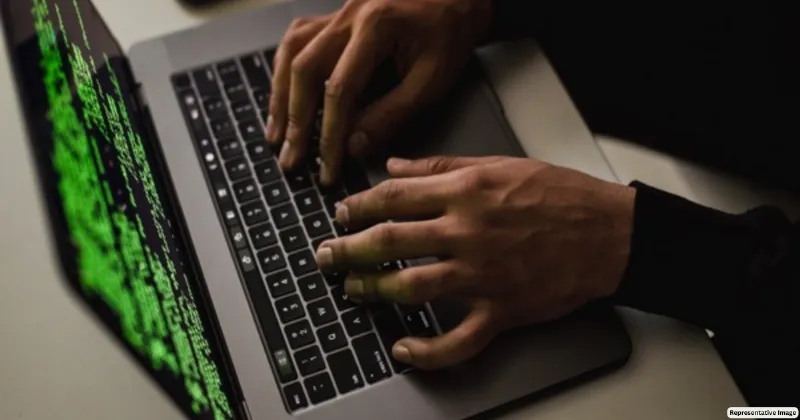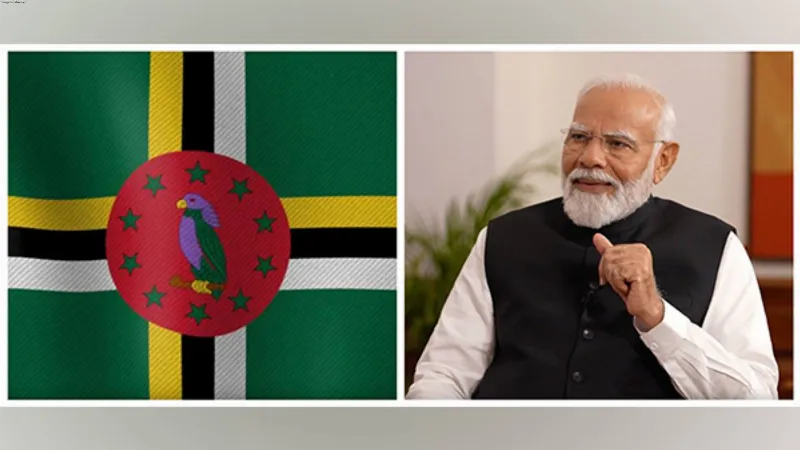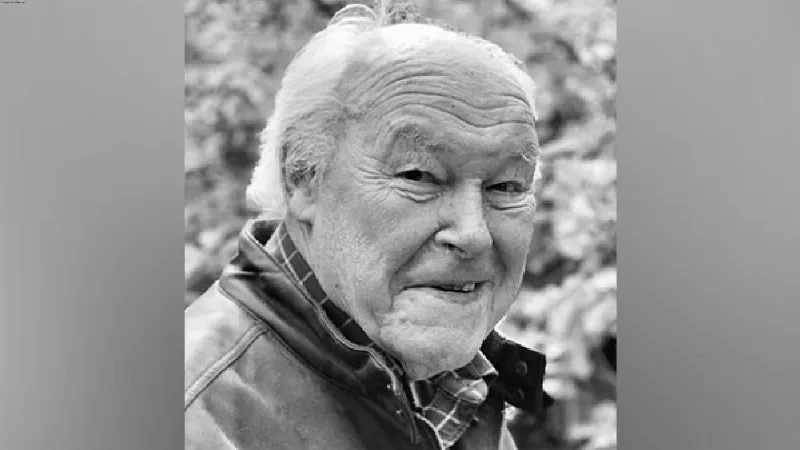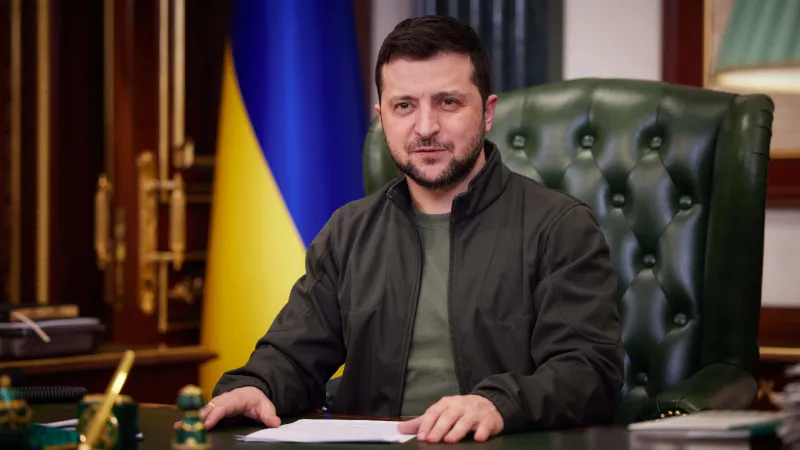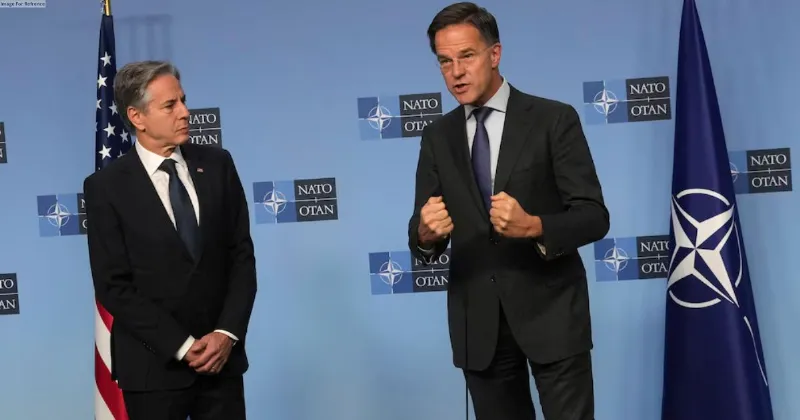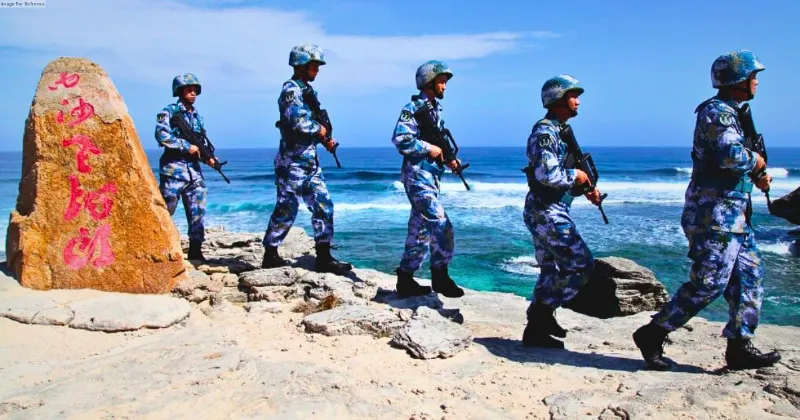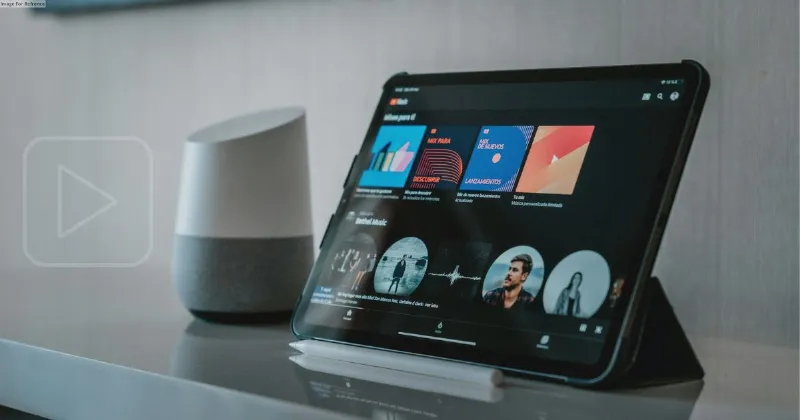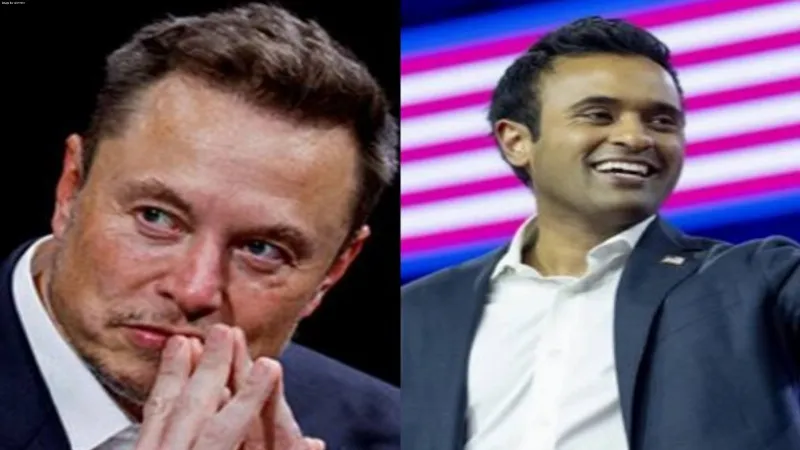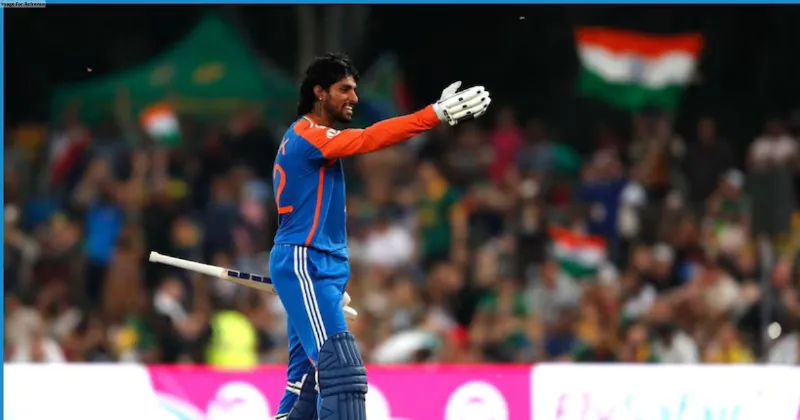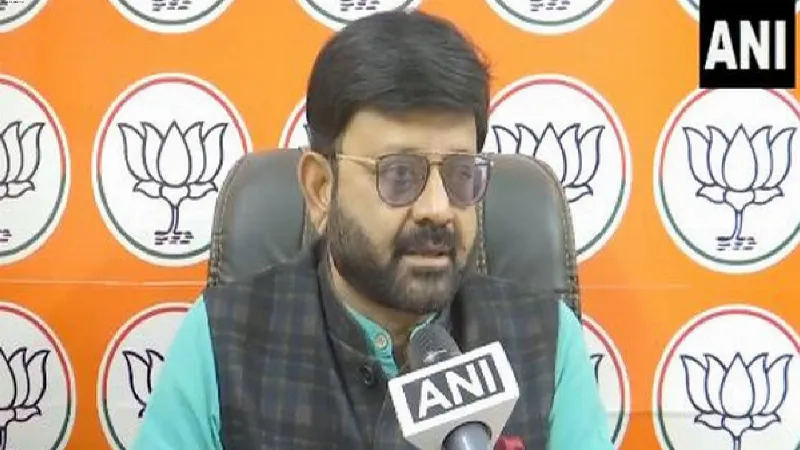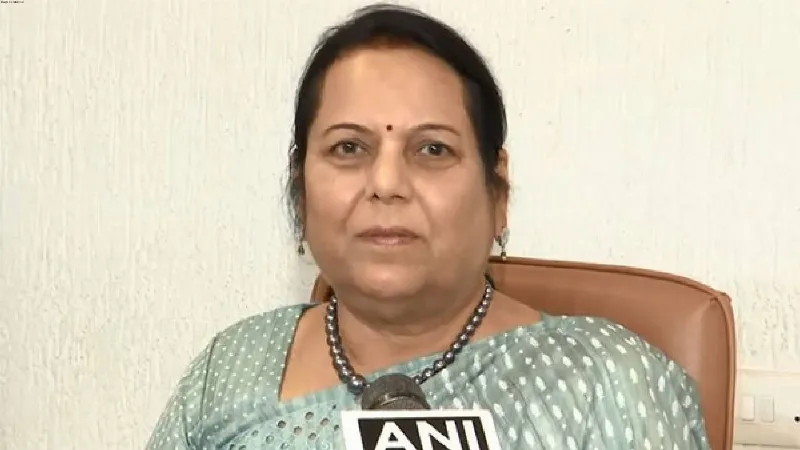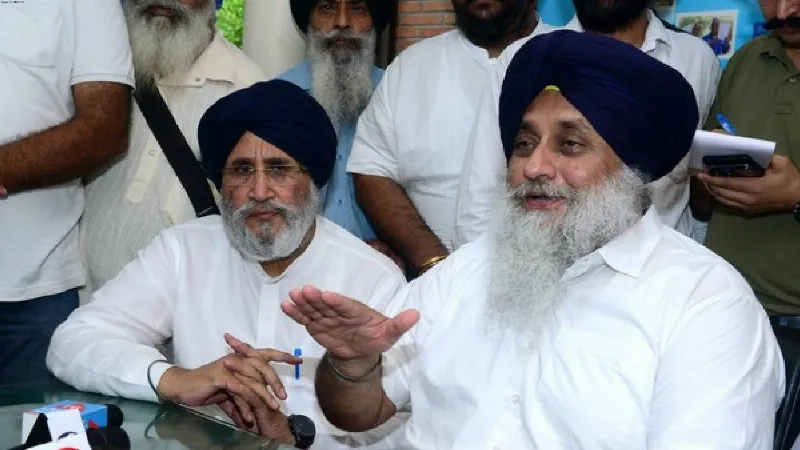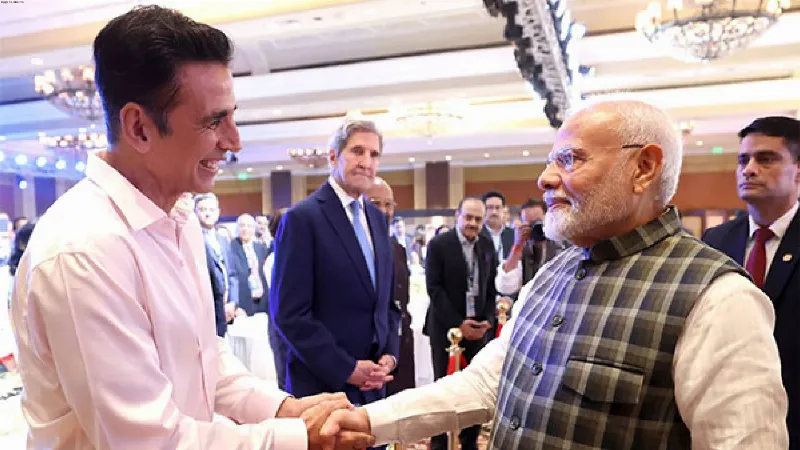Germany's Scholz calls Russia's Putin first time in 2 years; Zelenskyy accuses him of opening 'pandora's box'
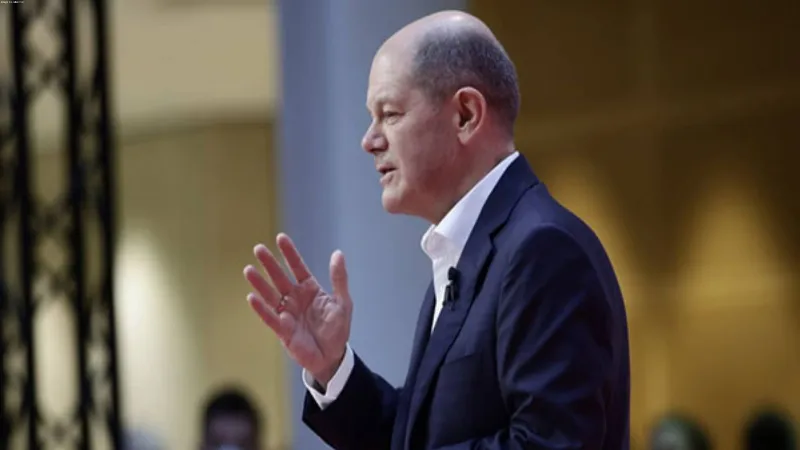
Berlin: German Chancellor Olaf Scholz and Russian President Vladimir Putin held their first conversation in nearly two years on Friday, marking a significant diplomatic exchange amid the ongoing war in Ukraine, Al Jazeera reported.
Scholz, facing a snap election in Germany in February following the collapse of his coalition, urged Putin to engage in talks with Ukraine aimed at achieving a "just and lasting peace."
According to Al Jazeera, a German spokesperson stated that Scholz reiterated Germany's continued support for Ukraine "for as long as necessary," condemned Russian strikes on Ukrainian infrastructure, and warned that the presence of North Korean soldiers in Russia to assist in defending the Kursk region would escalate the conflict.
In response, Putin characterized the crisis as a direct result of NATO's "aggressive" policies and emphasized that any potential agreements must take into account Russia's security interests and territorial claims and address the root causes of the war, as reported by Al Jazeera.
"Possible agreements must take into account the interests of the Russian Federation in the area of security, proceed from new territorial realities, and most importantly, eliminate the root causes of the conflict," the Russian leader said, Al Jazeera reported.
Putin also discussed the potential for "mutually beneficial cooperation" with Germany, particularly regarding energy trade, if Berlin shared that perspective.
Following the call, Ukrainian President Volodymyr Zelenskyy expressed concern that the call would weaken efforts to isolate Putin, describing it as "pandora's box" and warning that it could lead to more conversations that might undermine Ukraine's position.
"Now there may be other conversations, other calls. Just a lot of words. And this is exactly what Putin has long wanted: it is extremely important for him to weaken his isolation," Zelenskyy said.
The call occurred during a critical period for Ukraine, with Russian forces making advances in eastern regions. Additionally, the re-election of Donald Trump in the US has raised concerns about the future of American support for Ukraine.
The timing of the call is seen as closely tied to the political shifts in both the US and Germany, as Trump's return to the White House could alter US policy toward the war, while German domestic opinion, particularly in the East, increasingly calls for an end to military support for Ukraine, Al Jazeera reported.
The phone call also took place as Russian force continue to make incremental gains in eastern Ukraine, with ongoing airstrikes targeting both military and civilian infrastructure.

